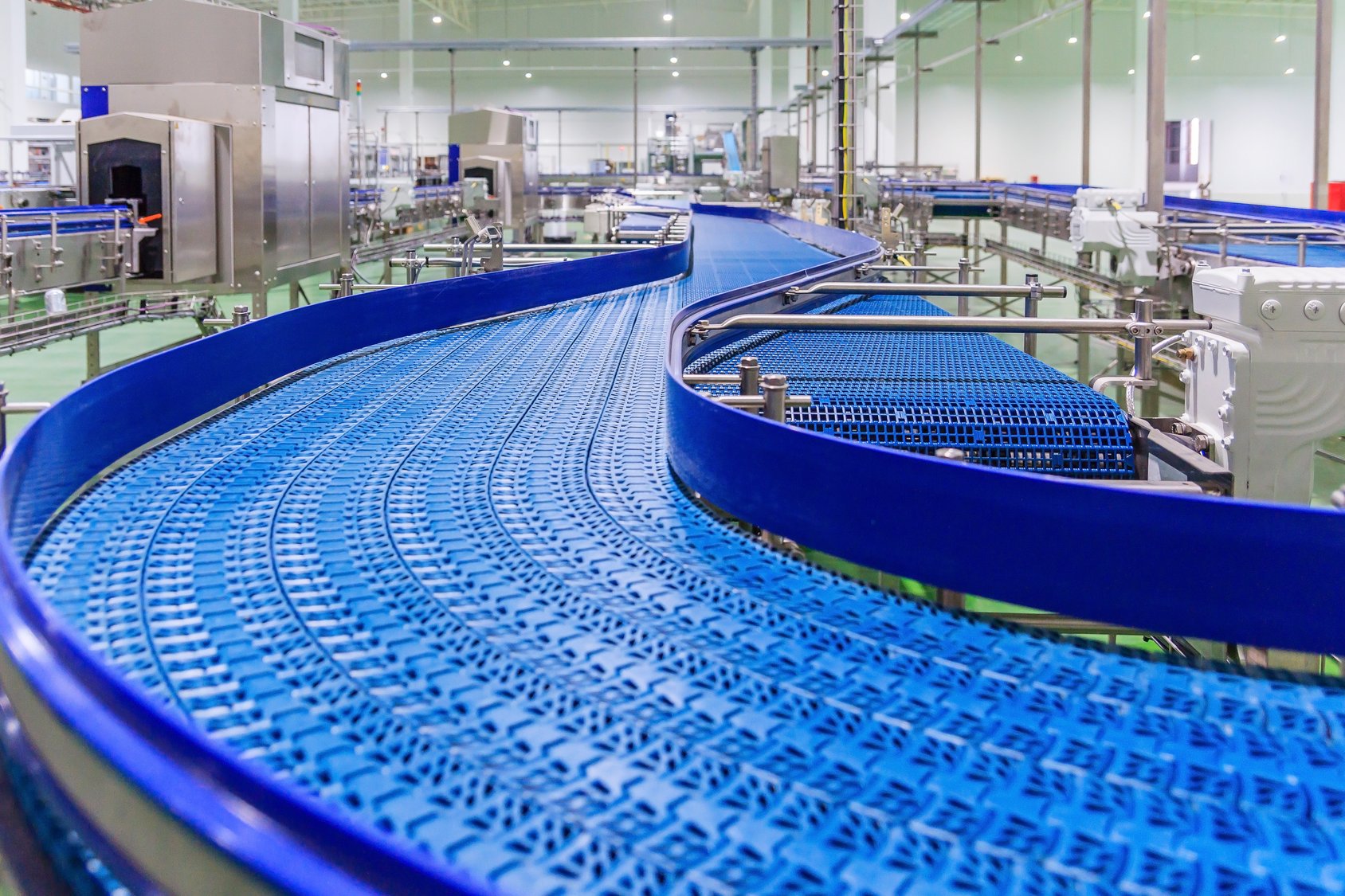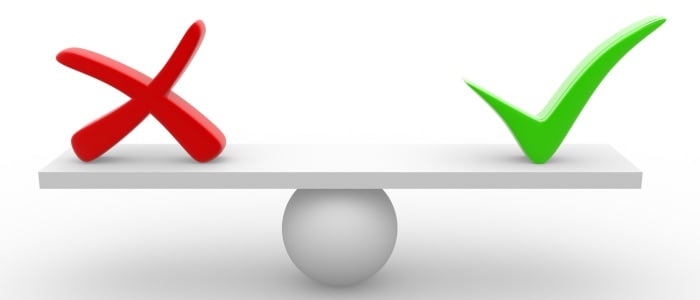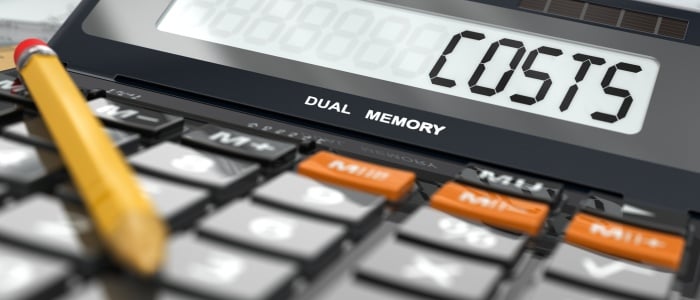A little background
I have been in the ERP industry for over 21 years and have worked with companies of all sizes and industries, but primarily have experience with small to medium-sized manufacturing businesses. I am currently in a sales role, so I frequently talk with companies that are interested in one of our Infor ERP products. One of the questions I always ask is “What are you using today?” A lot of times the answer to my question is QuickBooks.
Whenever I have a conversation with someone about their ERP needs, it almost always means there is some desire to change from what they are using today to something else. I want to be clear: I am not here to say anything negative about QuickBooks. Most of the companies I speak with are happy with its functionality and I think it is a solid product. So, why would these companies be interested in changing?
What I hear most often are things like “We have outgrown QuickBooks,” or “Our needs have changed and it can’t handle those changes.” In some cases, companies have purchased add-on solutions to QuickBooks (such as QuickBooks Manufacturing) to extend its capabilities. In other cases, they use QuickBooks for financials and are looking at third-party solutions for manufacturing.
So…is QuickBooks an ERP software, or not?
ERP is like different modes of transportation. But before we get into my little analogy, this is what I consider to be a succinct definition of ERP:
Enterprise Resource Planning (ERP) - Any software system designed to support and automate the business processes of medium and large businesses. This may include manufacturing, distrubution, personnel, project management, payroll, and financials.
It is very difficult to agree on what qualifies as a medium or large business, but I think it is safe to say that QuickBooks is an ERP. The question is if it is the right ERP for your business and that brings me to my analogy.
Related: Infor ERP: Everything You Need to Know
All the different ERP software solutions (QuickBooks, Infor, and hundreds more) are a lot like the different modes of transportation. We all use some form of transportation every day—car, bike, bus, rideshare—but the type depends on what our requirements are. Do you need to get to a different city or just across town? Transport yourself only or 10 people? Your requirements determine exactly how you’ll get to your destination.
ERP is the same—what type you use depends on your requirements. Your variables are typically the number of users, industry, specific functionality needs, budget, and on and on. As companies evolve, their requirements change. QuickBooks fits the needs of LOTS of companies when they first start out because the program is a very efficient and inexpensive “mode of transportation.” It allows you to sell things, buy things, do accounting, etc. But as a company grows, its needs typically grow as well, which usually drives leadership teams to the QuickBooks vs. ERP systems debate. And that’s when companies begin looking for a different mode of transportation based on their current needs.
In conclusion…
Are you wondering if you should use QuickBooks as your ERP system? We are happy to have a conversation with you about it. I have had discussions with people where the result was a verification that using QuickBooks as an ERP was just fine for their needs. Other conversations lead people to looking for a different solution. Sometimes the products I represent are an option they want to explore, and sometimes we are not a fit based on the needs, budget, industry, etc. We are happy to have these conversations, regardless of the outcome.
Would you like to talk with someone who has a ton of experience in the manufacturing industry and is NOT a salesperson? Click here and you can have a free 30-minute discussion with Bryan Foshee. Tell him about your particular situation, and use him as a sounding board for whether or not you are using the right mode of transportation!









